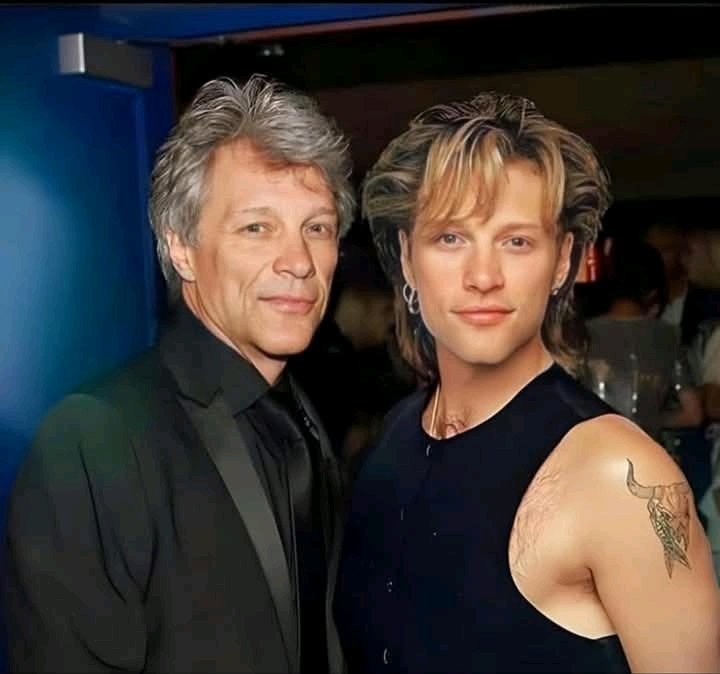Heartfelt Online Plea Sparks Discussion on Love, Communication, and Emotional Vulnerability….
In an age where social media has become the modern confessional and a window into the rawest parts of the human experience, a deeply emotional post has recently gained traction across platforms, stirring conversations about love, vulnerability, and the pain of unanswered affection.
The post, which reads like a poetic lament, opens with a powerful line: “You say you love me, but silence has become your answer.” From the first sentence, the author draws readers into a narrative of emotional abandonment, revealing the heartbreak of unreciprocated efforts in a relationship where love seems one-sided. This isn’t a typical breakup rant or a cryptic status update; it’s a direct, soul-bearing plea for clarity and emotional accountability.
The author continues, “I asked for something small, not to test you, but so we could finally be together.” Here, they imply a request—perhaps a conversation, a sign of commitment, or even a promise—was made with the intention of strengthening the bond between them and their partner. Instead of responding with love or compromise, the partner allegedly “walked away, blocked me,” leaving the narrator emotionally stranded. Such digital silence, the new form of ghosting, has become a painful reality for many in modern relationships, exacerbated by the ease of cutting someone off with a simple tap.
What makes this post resonate with so many is the deeply human conflict at its core: the longing for connection and the despair that arises when that connection is severed without explanation. “I’m not perfect,” the writer admits, showing humility and self-awareness, “but my love for you is real.” This is not a rant of blame, but of pleading and confusion—why would someone who claims to love you respond with absence when love is supposed to mean presence, effort, and understanding?
The emotional climax of the post reads like a declaration: “If you ever doubted it, let this post be my truth: It’s only you. It has always been you.” These words echo a sentiment many can relate to—the feeling of loving someone so wholly that it becomes difficult to understand how they could hurt you so easily. The writer’s final question, “So tell me, my love—why are you still choosing to hurt the one who only wants you?” isn’t rhetorical. It is a cry into the digital void, a call for the other person to acknowledge the pain left in their wake.
As this post circulates, users online have flooded the comment sections with support, empathy, and shared stories of their own heartbreaks. Therapists and relationship coaches have weighed in, noting that posts like these highlight the dangers of unresolved emotional conflict and the power imbalance created when one partner withholds communication.
Some social media commentators point out that while the post is brave and beautifully written, healing can’t always come from public declarations. “Sometimes, the closure we seek from others has to be given to ourselves,” wrote one user. Others argue that sharing such personal sentiments online is a double-edged sword—it offers validation, but it can also reopen wounds and delay emotional recovery.
Still, many praise the author’s courage. In a world where ghosting is normalized and feelings are often hidden behind filters and curated perfection, this raw message is a reminder that love, when real, is vulnerable. And vulnerability, while risky, is the ultimate proof of sincerity.
Whether the intended recipient will ever read the post or respond remains unknown. But one thing is certain: in baring their heart, the writer has touched countless others—and reminded us all of the enduring power of words spoken in truth, even when they echo in silence.
